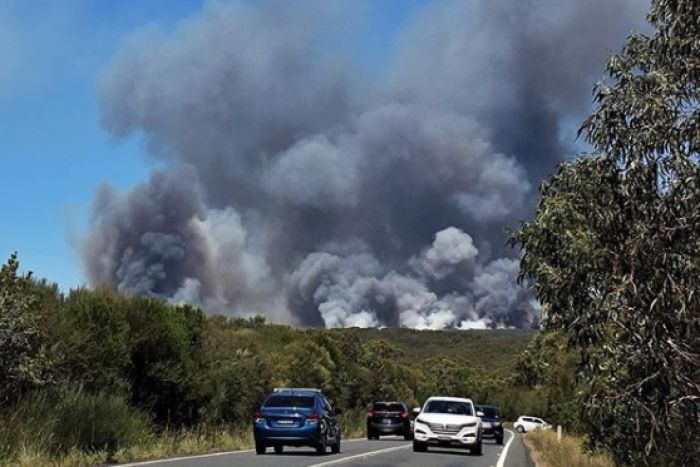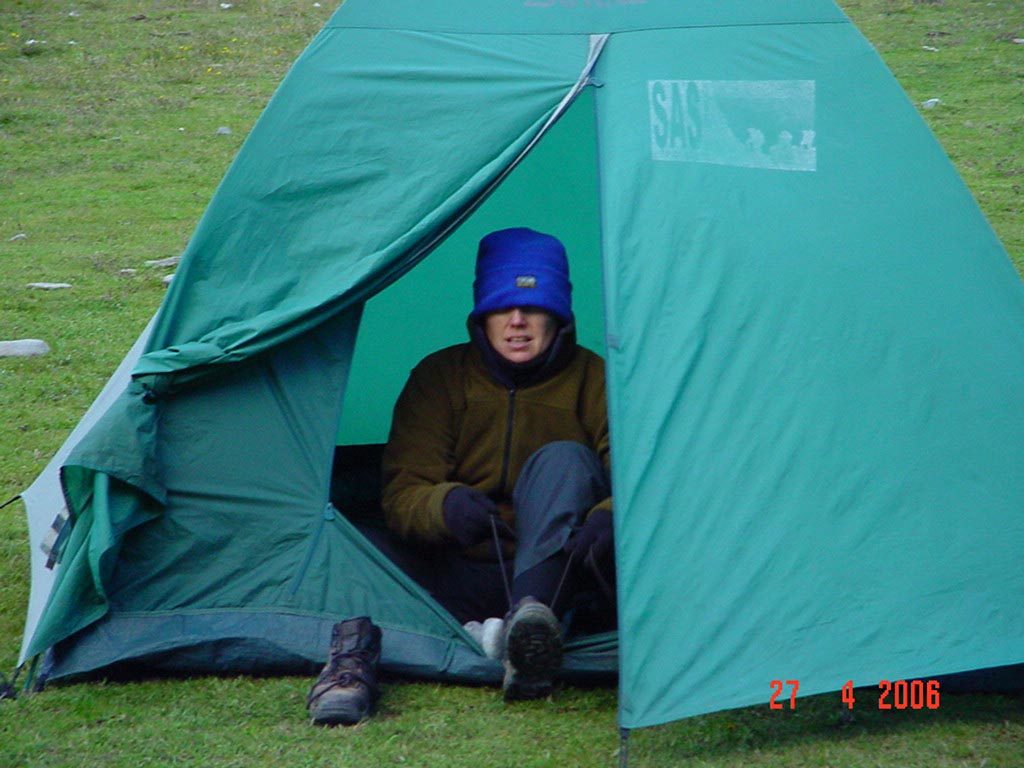When is it time to call it quits on a hike?
Hiking practice
If you type ‘quitting a hike’ into just about any internet search engine you end up with stories and articles about quitting long distance thru-hikes; and for some reason most of these stories relate to the Appalachian Trail in the USA. As a hiking blogger who is also interested in long distance hiking, this is a topic I often think about and not always in relation to long distance hiking but rather hiking in general. Sometimes calling it quits on a hike is just the sensible thing to do. While some of the following reasons relate very squarely too long distance hiking, many of them relate to hikes of any distance. So, let’s look at some of the reasons that we may pull the pin.
Reasons to quit a hike
Before you start
Quitting a hike before you start should always be in the mix. While I suppose you can’t quit something you haven’t started, sometimes it makes sense to never start.
Things that may prevent you from starting a hike include:
- Risk of fire
- Pre-existing injury or illness
- Adverse environmental weather conditions
- A problem with your gear such as something you can’t fix/replace in time or a critical piece you don’t have such as safety gear, insufficient food or water
- Insufficient preparation

Royal National Park Bushfires 2018
During a hike
So, now you’re out on the trail. What things are going to cause you to call it quits?
- Risk of fire
- New fires
- Unexpected change of direction and/or intensity of pre-existing fires
- Injury or illness which of course depends on the severity
- Do you need to be evacuated?
- Can you walk out? Is continuing the easier/shorter distance?
- If you are unwell, what impact are you likely to have on others? How likely is it that your condition may worsen?
- Adverse environmental weather conditions
- Excessive heat, rain, rain and more rain
- Wind
- Unexpected snow
- Anything else that fits into the ‘extreme’ category
- When you don’t care about the trail anymore
- Why do something you’re not enjoying just for the sake of it?
- If you’re just going through the motions, you may be placing yourself or others at risk
- Run out of money
- Very much a long-distance hiking consideration but usually only if you are hiking for several months
- I usually need much less money when I’m hiking!
- Pack too heavy
- A common one with newer hikers who have over packed
- It may be that the joy is just not there or carrying their pack is physically beyond them – in the latter case you may be able to convince your hiking buddies to share the load
- Equipment issues
- Getting wet
- Getting cold because of bad equipment choices
- Gear failure e.g. broken pack
- Too hard
- For whatever reason your trip is beyond you
- Unreasonable expectations
- You underestimated the time needed, the difficulty of the terrain etc.

Gill not feeling the best being impacted by Altitude Sickness, South America 2006
Mental considerations
As someone who blogs about hiking there is extra pressure of my own creation! Quitting a hike is something I really struggle with. Before I started the 1005 km Bibbulmun Track hike in 2018, Gill made it very clear to me that if I wanted to quit that I should. In fact, during my first few days on Bibbulmun the rain was sooo bad she was convinced I would call it quits! Of course, I wasn’t going to allow a bit of rain to get in my way.
In fact, she went to great lengths to convince me that I didn’t even need a reason! But when you write and talk about your hiking adventures on social media quitting is not a good look, at least in my own mind. While that’s a consideration for me it’s not one I rate highly. For me it is more about disappointing myself rather than disappointing others. I will often spend months training for longer hikes to give myself the best chance for success. If I really feel I should quit, I will.
Everyone has a bad day while hiking … perhaps you didn’t sleep well or you’re just not feeling 100%. That’s not necessarily enough to call it quits. But we sometimes encounter people who are genuinely struggling, for whatever reason. While it’s not up to us or anyone else to convince someone its time, they will appreciate you noticing, and supporting them in talking through what’s happening so they make their own decision. This is particularly important for those travelling alone.
When we were hiking the Kangaroo Island Wilderness Trail in early 2018, we met a solo hiker who was struggling up the first leg of the trail. It was hot, and we were struggling too so we didn’t give it a second thought. The next morning the solo hiker was noticeably worse but still preparing for a long and very hot traverse of a sandy beach. We knew this was a tough leg and on inquiring about the solo hiker’s wellbeing, spent some time talking through what they should do. The solo hiker decided to wait for the commercial operator who was shuffling gear between camp sites to hitch a ride to the next site. The hiker spent part of the day at the next camp site and were then evacuated off the trail by the Rangers – they had come down with a stomach bug that they probably picked up on the way to Kangaroo Island!
When I wrote this article I had, what Gill describes as the ‘man cold’ for the past three weeks – it is just bad enough to prevent me from hiking. Choosing not to hike is my very conscious decision but despite that it still doesn’t sit comfortably.
Final thoughts
I’m a strong believer in planning for any hike. Identifying when or under what circumstances you will pull out of a hike should be part of this planning process.
If you ask any hiker what these factors are there will be common ones such as injury and then there will be those that relate to your unique circumstances; as the saying goes, ‘hike your own hike’.
You don’t want to stop a hike instantly because things aren’t going as planned at a point in time. The thing to remember is that if you think it is time to pull the pin on a hike:
- Think it through
- Talk it through with your hiking partner (if you have one) to let them know what’s happening
- If you still consider it’s the right decision, then it’s time to call it quits
In the end, the decision is yours to make.